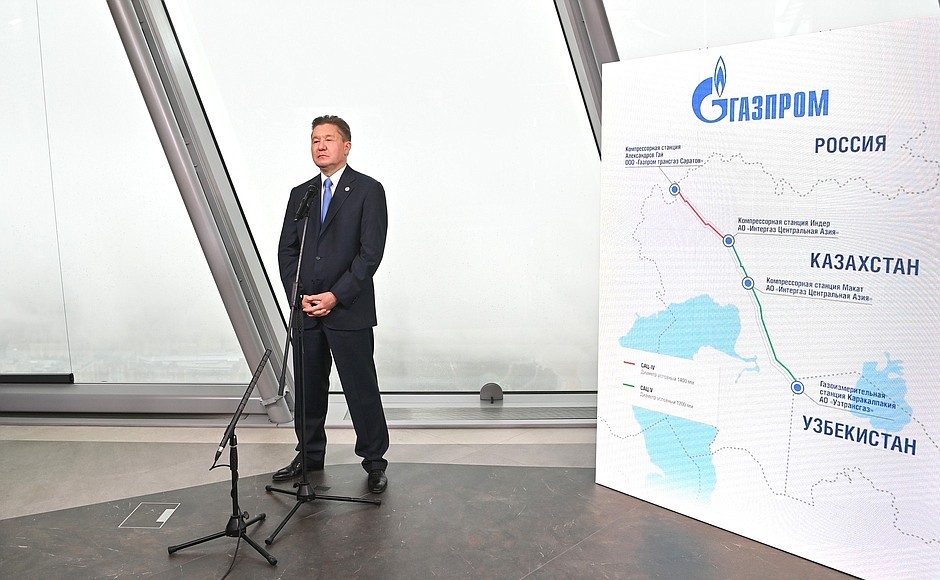 |
| Gazprom CEO Alexei Miller presented the implementation of the new Russia-Kazakhstan-Uzbekistan gas alliance project. (Source: TASS) |
On October 7, in the presence of the heads of the three countries Russia, Kazakhstan and Uzbekistan, Russian President Vladimir Putin officially announced the launch of the natural gas pipeline from Russia to two Central Asian countries, Kazakhstan and Uzbekistan. Accordingly, the abundant fuel flow from Russia will be transferred to Kazakhstan and part of it will be transferred to Uzbekistan.
Reward for those who are “not afraid of danger”
This is considered a "three-way project" as not only Russia is eager to sell its abundant energy, but both partners Kazakhstan and Uzbekistan also benefit significantly, contributing to strengthening the region's energy security.
Russia’s gas exports are set to fall by 21.5% in 2022 as its biggest buyer, the European Union (EU), significantly reduced imports due to Russia’s military campaign in Ukraine. Russia has never supplied gas to Central Asian countries. Meanwhile, Uzbekistan, despite being a resource-rich country, is facing fuel shortages.
So it seems that the “biggest trilateral energy project” proposed by Russian President Putin last year has finally taken shape. Speculation about this “love triangle” has been rife, as any closer cooperation with Russia is considered dangerous, on various fronts.
Above all, however, the Kazakh and Uzbek authorities are concerned about simmering discontent at home, as winter approaches, bringing with it persistent and possibly worsening gas shortages.
Previously, with the abundance of resources available, it seemed that Kazakhstan and Uzbekistan could not have any problems with gas. Kazakhstan has natural gas reserves of more than 3 trillion m 3 , while Uzbekistan has 1.8 trillion m 3 . These countries produce more than 30 and 50 billion m 3 of gas annually, respectively.
In theory, that volume should be enough for both domestic consumption and export. In fact, in 2021, Uzbekistan’s then energy minister Alisher Sultanov declared, “the country has enough gas for three times the population of Uzbekistan.”
But this past winter, people across the country, including in the capital, suffered from heating shortages. Drivers had to queue for hours to buy gasoline and many gas stations had to close. Kazakhstan has faced similar problems.
In reality, these countries’ gas production is insufficient to meet both export obligations and rapidly growing domestic consumption. The share of gas in Kazakhstan’s energy balance is steadily increasing: 57% of the population will need gas by the end of 2021, compared to just 30% in 2013.
In Uzbekistan, gas accounts for more than 80% of the national energy balance. The reasons for the increase in domestic consumption are 7-10% annually in Uzbekistan, while in Kazakhstan, there is a population growth rate of about 1.5-2% per year, and the construction and industrial development is also increasing. Industrial output is expected to increase by 4% in Kazakhstan, even more so in Uzbekistan, which will see a record growth of 9.5% in 2021.
In addition to domestic needs, the two Central Asian countries have agreed to export gas to China.
However, in 2022, a shortage in the domestic market caused Tashkent to announce a temporary suspension of gas exports to Beijing and Astana.
Kazakhstan and Uzbekistan may have wanted to prioritize supplies to China to win favor with their strategic partner and receive foreign currency earnings, but when energy resources are insufficient for their own people and domestic energy crises recur, they pose a threat to political stability.
Gas was the main cause of protests in Kazakhstan early last year that saw more than a million people take part. In Uzbekistan, the winter energy crisis sparked a series of local protests that cost senior officials their jobs. They were therefore looking for another way out of the problem.
The optimal solution for all three parties
The optimal solution would be to start importing gas from Russia and Turkmenistan, as the infrastructure for pumping gas from these countries is already in place. Like Russia, Turkmenistan is a global gas power, with the world's fourth-largest reserves and an annual output of over 80 billion cubic meters. In 2022, Kazakhstan and Uzbekistan agreed for the first time to directly import Turkmenistan's gas. But Turkmenistan soon disappointed its new partners, and as a result, relying solely on Ashgabat would not be able to meet the common needs of the two countries, leading to increasingly severe energy shortages.
Meanwhile, with its superior capabilities to Turkmenistan, the Russian partner can both supply gas and support the construction and modernization of underground gas storage facilities, manage energy infrastructure and other technological aspects.
Despite several anti-Russian statements and sanctions related to the conflict in Ukraine, both Tashkent and Astana have maintained close ties with Moscow. Meanwhile, on the other side, Russia now has all the favorable factors to promote a successful energy project with Kazakhstan and Uzbekistan.
The Russian energy giant is already quite familiar with the regional market, and at the same time, is more interested than ever in expanding into the relatively small Central Asian market. Since the EU countries refused to buy Russian energy, the country has a surplus of about 150 billion cubic meters of gas. Of course, Uzbekistan and Kazakhstan will not replace the large European market, but at least they can help Russia soften the blows.
The Central Asian countries could even use Russia’s current “outcast” status to get a better deal. As Skoltech analyst Sergei Kapitonov believes, Kazakhstan and Uzbekistan could negotiate a lower price for Russian gas than China pays for gas from those countries. This would allow them to cover the domestic market deficit while also earning foreign currency by exporting to the Chinese market.
Russia has reportedly begun shipping gas to both Central Asian countries, although few details have been released.
Closer gas cooperation with Moscow carries both risks and rewards. On the one hand, observers say, it is risky to openly discuss cooperation with Russia now, but it will be followed by regular shipments to meet the recipients’ growing needs. Regular supplies would help Uzbekistan and Kazakhstan ensure economic growth, reassure the public and fulfill contracts signed with China.
On the other hand, Russia will have even greater leverage over the Central Asian countries. This will further complicate the multi-dimensional foreign policies of Tashkent and Astana and, at the same time, force them to indefinitely postpone the process of separating themselves from Russia's sphere of influence.
Source






![[Photo] Next to the "mountain of trash" after the flood, Tuy Hoa residents strive to rebuild their lives](/_next/image?url=https%3A%2F%2Fvphoto.vietnam.vn%2Fthumb%2F1200x675%2Fvietnam%2Fresource%2FIMAGE%2F2025%2F11%2F24%2F1763951389752_image-1-jpg.webp&w=3840&q=75)

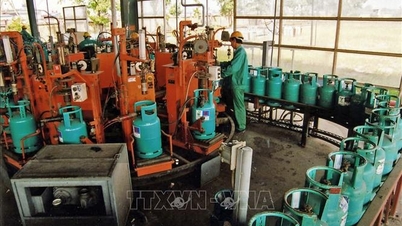

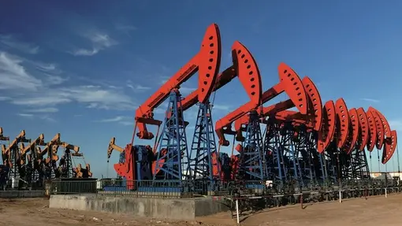


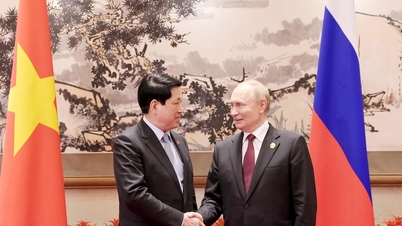




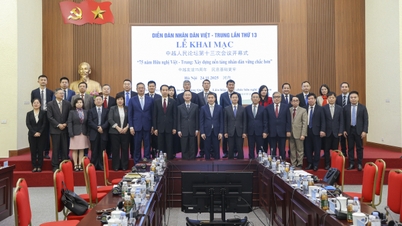


![[Photo] Colors of Vietnam - US friendship in the heart of Hanoi](https://vphoto.vietnam.vn/thumb/402x226/vietnam/resource/IMAGE/2025/11/24/1763950191274_anh-sac-mau-huu-nghi-viet-nam-hoa-ky-giua-long-ha-noi-20251123212633.jpeg)
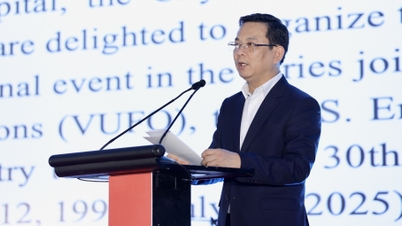
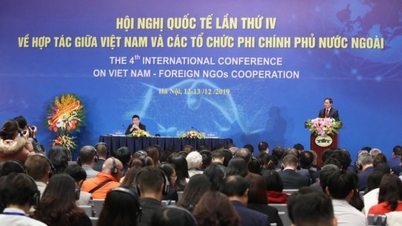






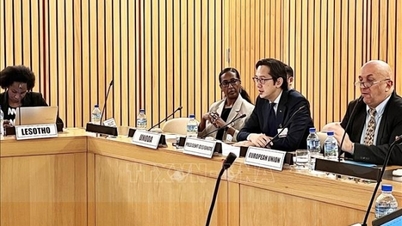

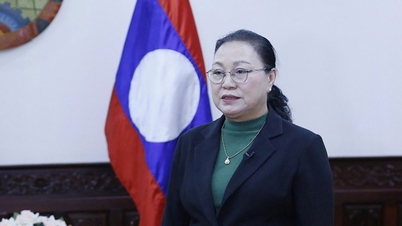
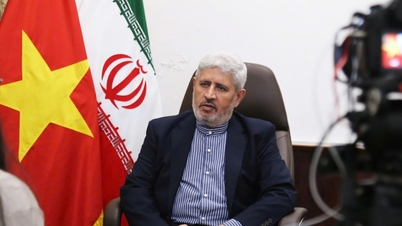


















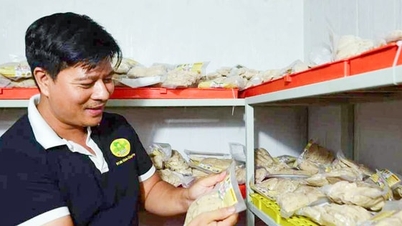








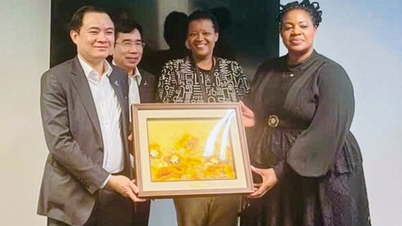
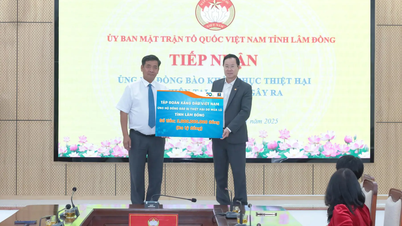


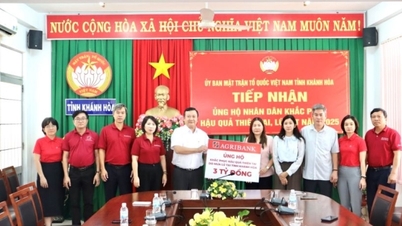







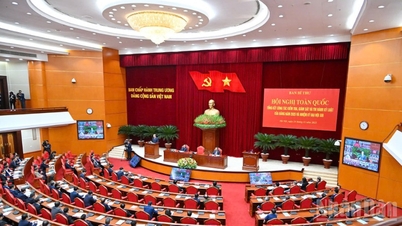

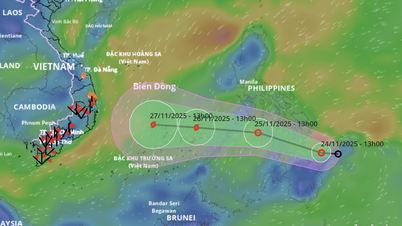

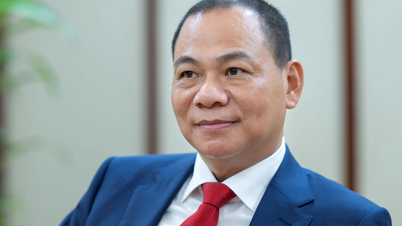

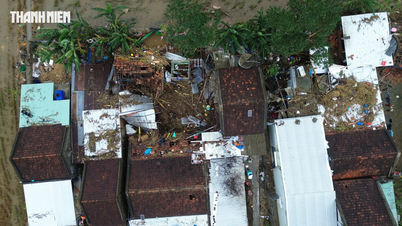






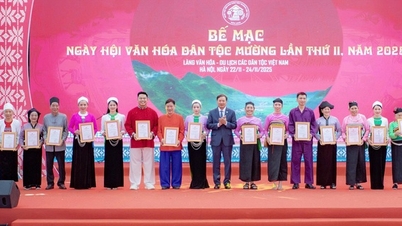






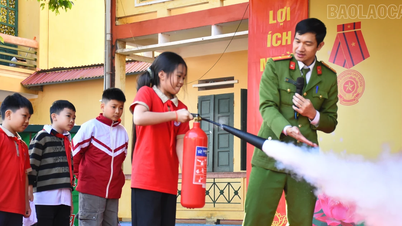
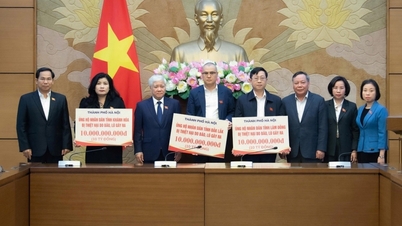
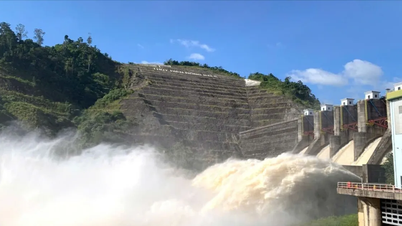










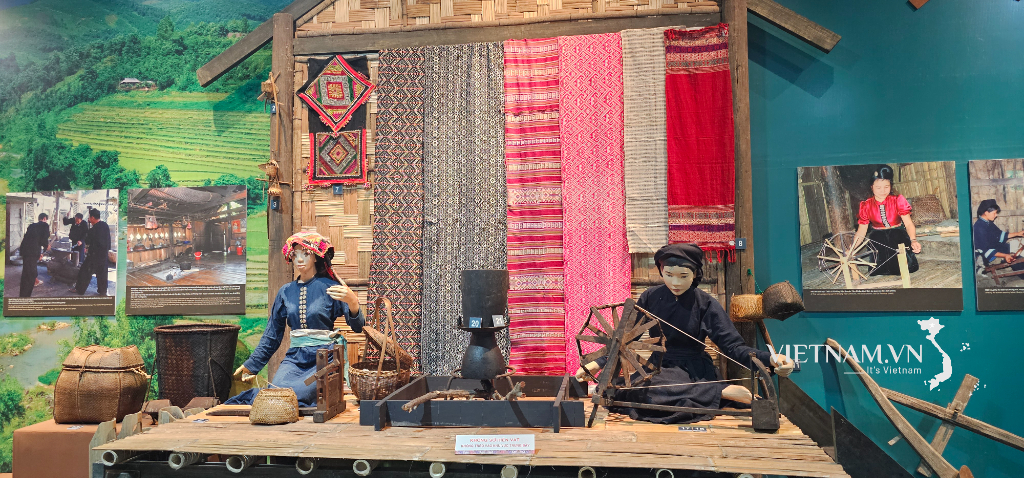



Comment (0)